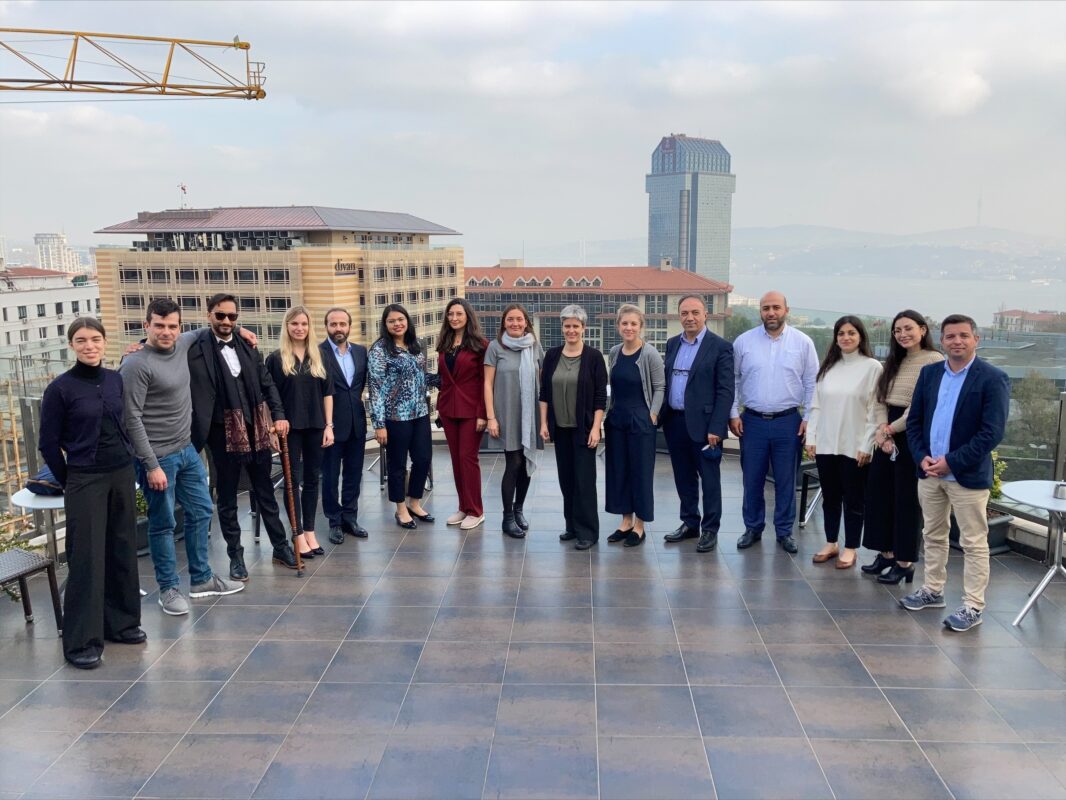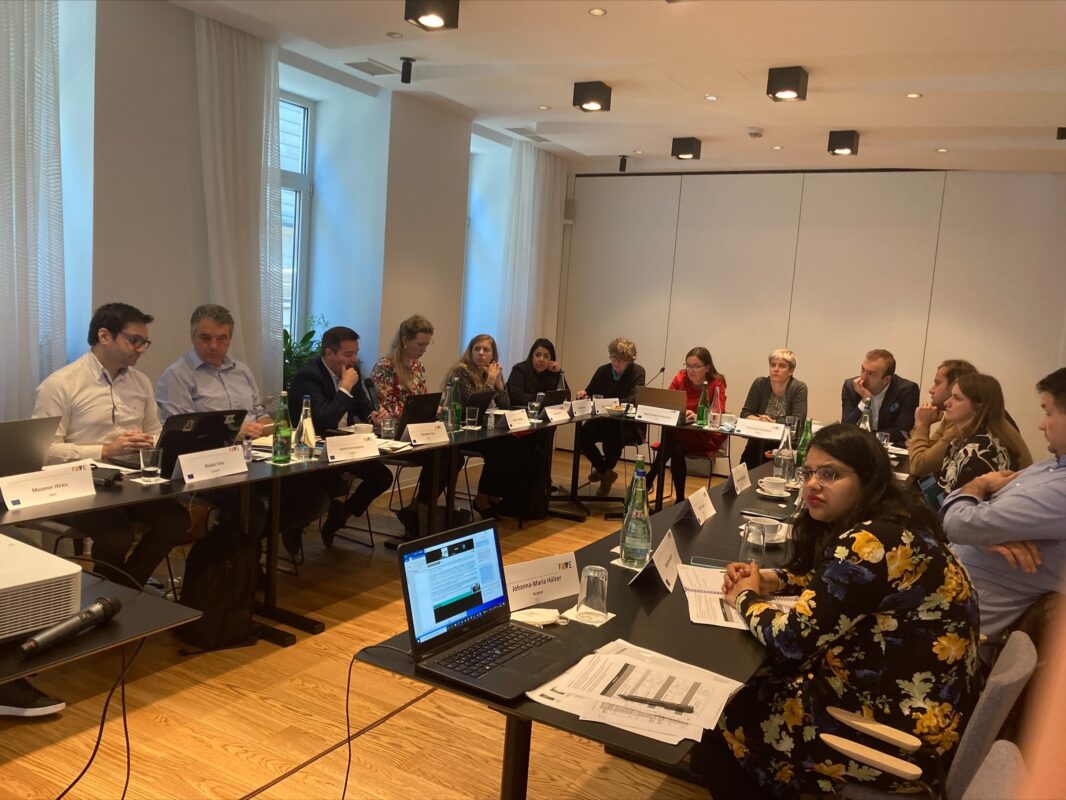The Network recently participated in two regional workshops under the European Union Horizon 2020 project, “Preventing and Addressing Violent Extremism through Community Resilience,” (PAVE). The two regional workshops in Belgrade and Istanbul brought together project research teams that have conducted fieldwork in the project countries of Bosnia and Herzegovina, Kosovo, North Macedonia, Serbia, Lebanon, Iraq, and Tunisia. The meetings brought together findings from the field of interviews, focus groups, and surveys, assessing factors of vulnerability and resilience within these local communities.
The regional meetings shared findings and identified patterns relating to three thematic clusters of the project, namely the interface between religious, political and ethnic/sectarian extremisms, the interaction between religious and state institutions, and on- and offline narratives of (de-)radicalization. Based on the meeting discussions, working papers on each named thematic cluster will be produced that synthesize the findings from the different countries of investigation. These working papers constitute key outcomes of the PAVE project that will be published on the PAVE website.
The findings from these meetings will go towards advancing the Network’s role within the project in understanding the capacity-building needs of policy-makers, faith actors and institutions and civil society. The Network will be developing a capacity-building needs report based upon its own developed research as well, which will be validated next February by project partners and external experts. The report will be made available on the PAVE website and will be further turned into training modules for these three stakeholder groups.
About the PAVE Project
The three-year PAVE project brings together 13 partners from 12 countries to tackle the global issue of radicalisation by examining its root causes and driving factors. Based on a comparative assessment of local communities across seven case study countries, the 13 international partner institutions will develop concrete policy recommendations to inform citizens and stakeholders within and beyond the regions under study. Click here for more information.


